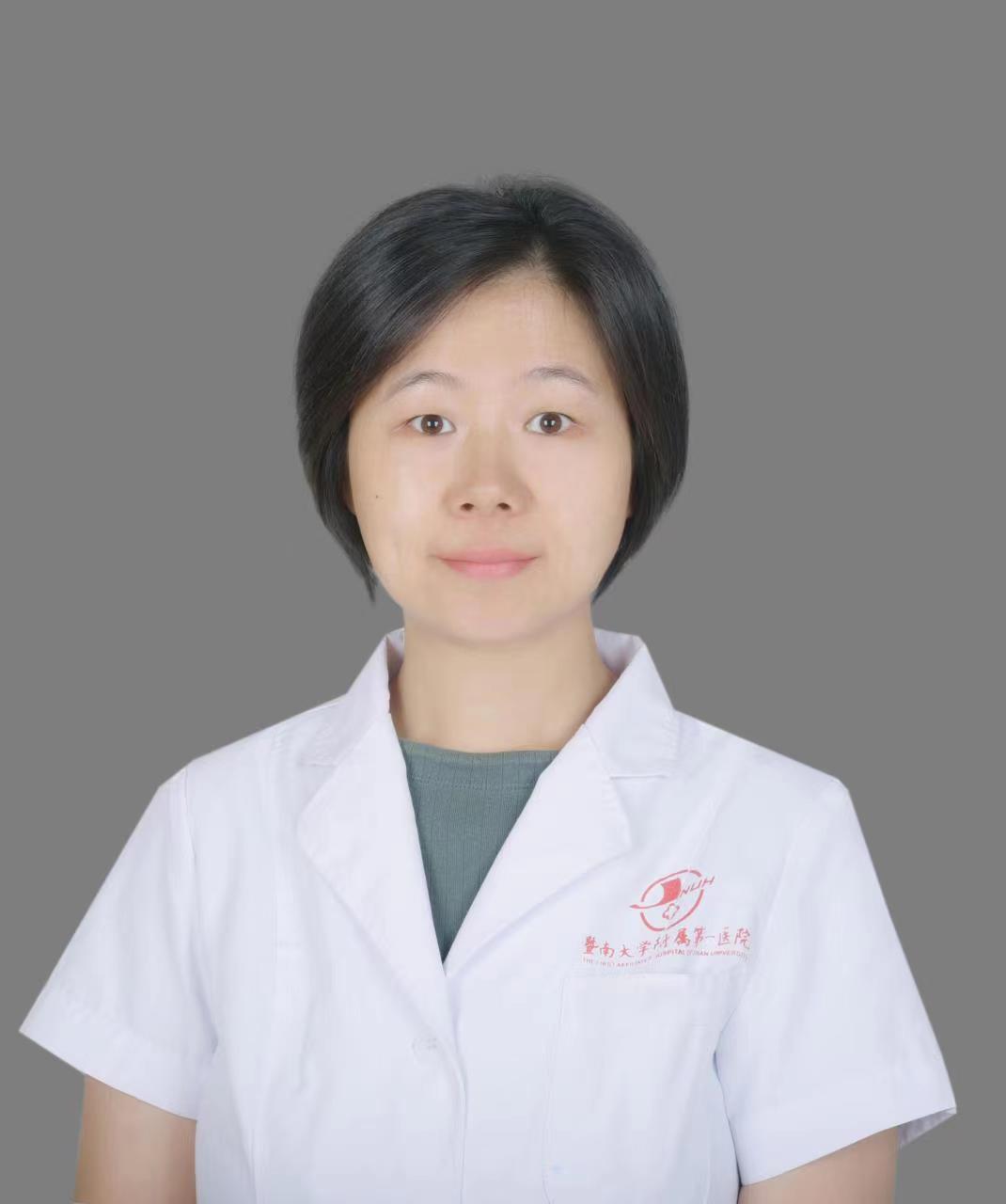

Dr. Lingling Shi
![]() tlingshi@jnu.edu.cn
tlingshi@jnu.edu.cn
![]() 86-020-85227086
86-020-85227086
![]()
The research in our laboratory aims to develop Systems Biology for Neurodevelopmental Diseases to improve the diagnosis, treatment, and prognosis of neurodevelopmental disease. Our research can be divided into several areas. First, we are interested in genetic analysis for neurodevelopmental disease pedigree, including ASD, ADHD and other rare disease, through which we can improve the diagnostic performance of traditional clinical medicine, and at the same time, we can construct candidate gene research targets for neurodevelopmental diseases. Furthermore, we are also developing humanized research models, including patient-derived induced pluripotent stem cell neural differentiation models that carry patient genetic variations and knock-in animal models that copy patient genetic variations, we are carrying out pathological mechanism exploration and drug screening for neurodevelopmental disease on this basis. Finally, based on some of the aforementioned progress in neuroscience research, we are exploring potential clinical diagnosis and treatment clues for related diseases.
BM (MD), Yunyang Medical School of Tongji Medical University, 2002
PhD, Medical School of Jinan University, 2010
Postdoc Fellow, University of Southern California, 2013
(# First and * Corresponding authors)
1. Shu-Ting Chen#, Wan-Jing Lai#, Wei-Jia Zhang, Qing-Pei Chen, Li-Bing Zhou, Kwok-Fai So,Ling-Ling Shi*. Insulin-like growth factor 1 partially rescues early developmental defects caused by SHANK2 knockdown in human neurons. Neural Regeneration Research . 2020,15(12):2335-2343. [citations:8]
2. Xiaokuang Ma#, Ke Chen, Yuehua Cui, Guanqun Huang, Antoine Nehme, Le Zhang, Handong Li, Jing Wei, Katerina Liong, Qiang Liu, Lingling Shi*, Jie Wu*, Shenfeng Qiu*. Depletion of microglia in developing cortical circuits reveals its critical role in glutamatergic synapse development, functional connectivity, and critical period plasticity. Journal of Neuroscience research. 2020,98(10):1968-1986. [citations:14]
3. Aimei Liu#, Sai Kang, Panpan Yu, Lingling Shi*, Libing Zhou*. Transplantation of human urine-derived neural progenitor cells after spinal cord injury in rats. Neuroscience Letters.2020,735(14) 135201.
4. Guanqun Huang#, Jiajun Zheng, Xiaoxia Chen, Zhuoran Xu, Abolfazl Doostparast Torshizi, Siyi Gong, Sai Kang, Xiaokuang Ma, Jiandong Yu, Libing Zhou, Shenfeng Qiu and Kai Wang, Lingling Shi*. Uncovering the functional link between SHANK3 deletions and deficiency in neurodevelopment using iPSC-derived human neurons. Frontiers in Neuroanatomy. 2019, 13(23):1-13.[Editor’s Pick 2021,citations:30]
5. Liu Qian, Shi Lingling and Wang Kai. Ethnicity-Specific Reference Genome Assembly by Long-Read Sequencing.Journal of Molecular and Genetic Medicine.2018,12:4.
6. Sai Kang#, Xiaoxia Chen#, Siyi Gong#, Panpan Yu, SukYu Yau, Zhenghui Su, Libing Zhou, Jiandong Yu*, Guangjin Pan* &Lingling Shi*. Characteristic analyses of a neural differentiation model from iPSC-derived neuron according to morphology, physiology, and global gene expression pattern. Scientific Reports. 2017,7(1):12233. [citations:45]
7. Lingling Shi# , Yunfei Guo#, Chengliang Dong, John Huddleston, Hui Yang, Xiaolu Han, Aisi Fu, Quan Li, Na Li, Siyi Gong, Katherine E. Lintner, Qiong Ding, Zou Wang, Jiang Hu, Depeng Wang, Feng Wang, Lin Wang, Gholson J. Lyon, Yongtao Guan, Yufeng Shen, Oleg V. Evgrafov, James A. Knowles, Francoise Thibaud-Nissen, Valerie Schneider, Chack-Yung Yu, Libing Zhou*,Evan E. Eichler, Kwok-Fai So*, & Kai Wang*. Long-read sequencing and de novo assembly of a Chinese genome.Nature Communications.2016, 7:12065.[citations:25]

